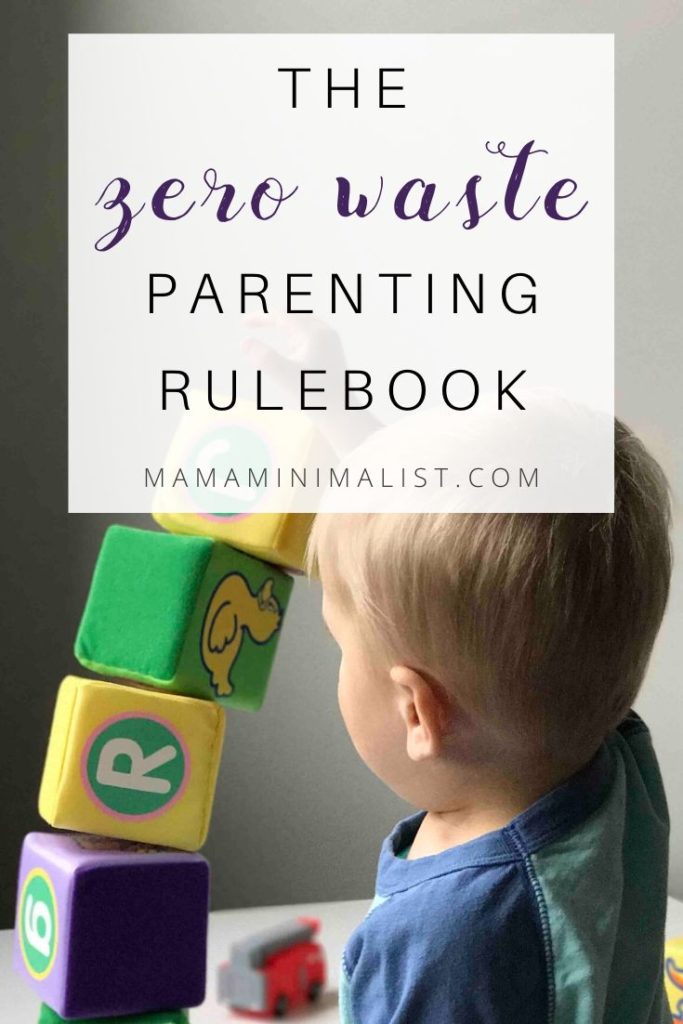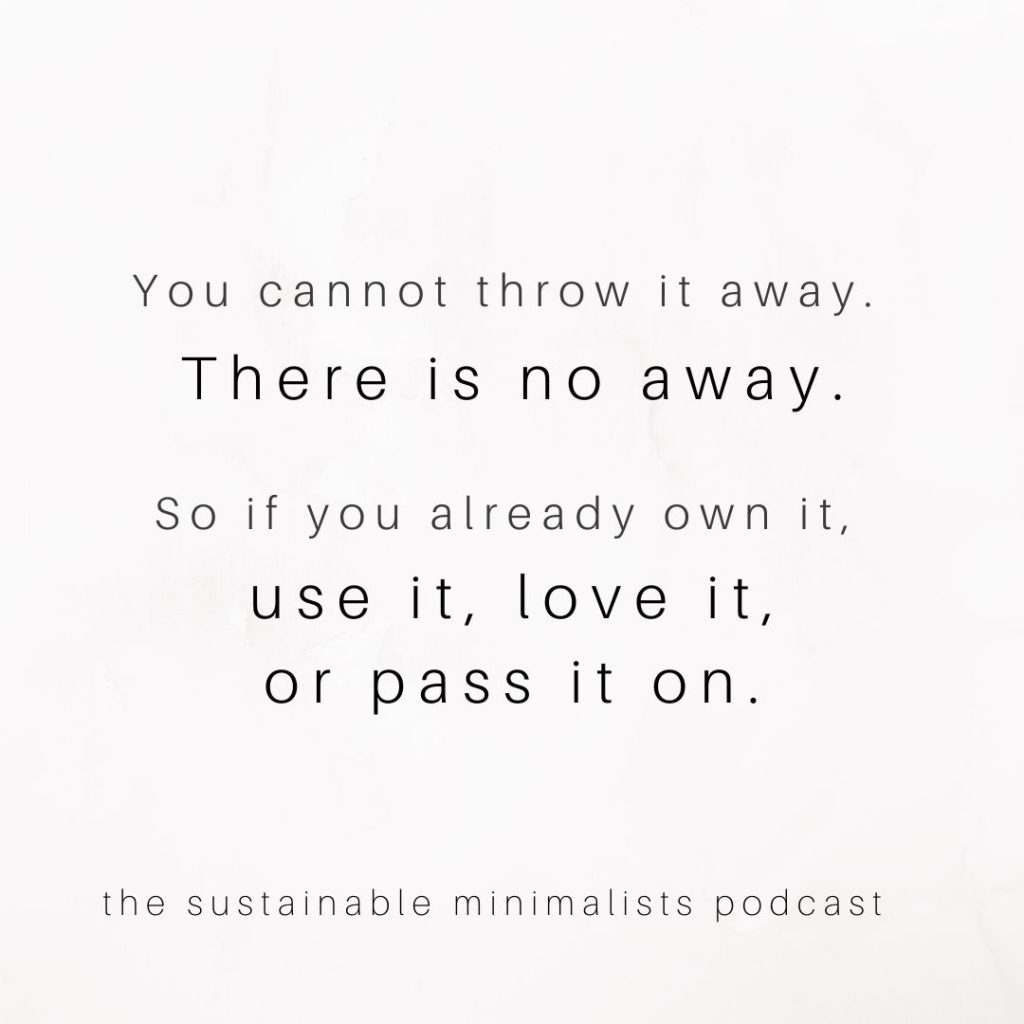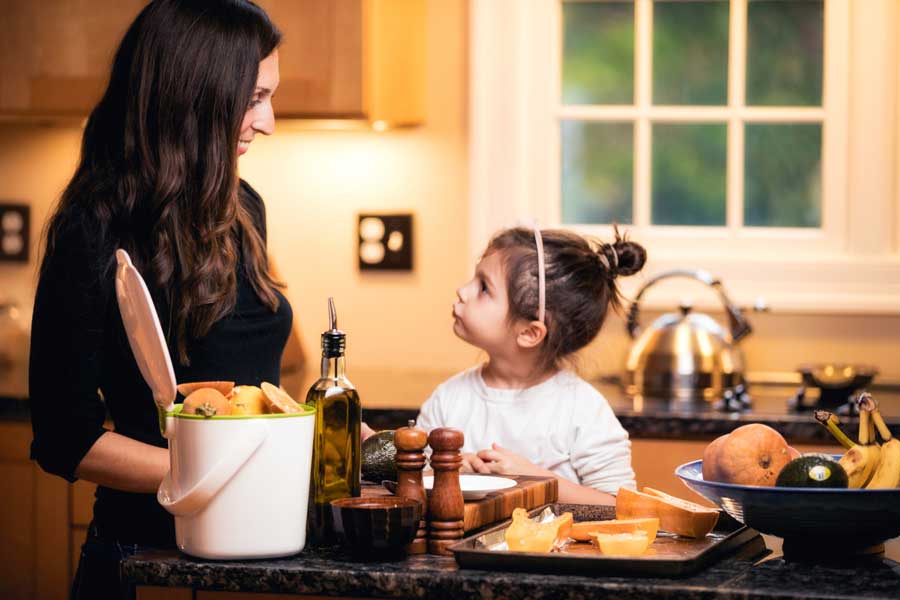The Zero Waste Parenting Rulebook
Not-so-obvious zero waste parenting tricks
Cloth diaper. Breastfeed. Minimize plastic. It’s sad but true: Most zero waste parenting strategies are just plain obvious. Worse, such practices are recycled ad nauseam on the eco-friendly interweb.
Did you know? There are HEAPS of eco-friendly parenting tips that aren’t QUITE so apparent: It’s THESE 10 strategies we’re discussing today.
In this article, I’m divulging the not-so-obvious, often overlooked zero-waste parenting rules. They’re Kid-Tested, Parent-Approved + are guaranteed to slash into the waste your household (+ your child!) produces.
Zero waste parenting tricks for artwork
_____
1. Check markers at the door.
Markers have a short lifespan. Worse, a marker’s exterior is PLASTIC.
Utilize plastic-free coloring options (crayons, colored pencils + chalk) instead.
2. Make crazy art projects elsewhere.
Just trust me: You won’t permanently damage your child by refusing to be the mom or dad who does uber-creative art projects at home.
Let your child experience the messy wonder of glitter, googly eyes, pipe cleaners, felt + more at school.
Bonus! Incorporating this rule into your low-waste parenting strategy means you’re saving yourself from many clean-up related headaches in the future. It’s a minimalist strategy, too, because you’re eliminating an entire category of useless stuff to store in your home.
3. Collect paper scraps for art projects.
Fill a bin with scrap paper + encourage your child to create his or her masterpieces on the clean side.
If you often order items online (ahem … Amazon), reuse that oversized brown paper packaging as painting or drawing paper for your child. Then save this artwork + repurpose it into the cutest wrapping paper your friends + relatives ever did see come holiday season.
Did you know?
You can find The Sustainable Minimalists Podcast wherever you get your podcasts.
Apple Podcasts | Google Podcasts | Spotify | Stitcher
Zero waste parenting tips for toys
_____
4. Go the low-toy route.
Children thrive with fewer toys. Check out Episode 26 of the podcast for more.
5. Start book sharing.
Read a good book with your child? Pass it on to a trusted mom friend and gently encourage your friend to reciprocate!
6. Spearhead a toy swap.
Choose a few mom friends + rotate toys each week.
The result? Your child plays with someone else’s new-ish toys + then you give them back. Genius!
– Want all the details on successful toy swapping? Get them here.
7. Educate the grandparents.
Say it loud, say it proud, + say it often: Buy experience gifts for my kids, please!
Minimalists + eco-friendly parents agree: Experiences always trump stuff. Here’s a comprehensive list of toy-free gifts to (politely) ask for.
8. Never buy new.
First-time parents often shun pre-used toys. They want the best for their baby + “the best” is always new, clean + shiny.
But many parents wizen up once the second baby comes along because they’ve learned that the amount of time a child will realistically use an item is SO SHORT.
That’s because babies become toddlers + toddlers become preschoolers so quickly; it’s therefore simply financially prudent to buy used.
Families often give away perfectly good toys because their children have outgrown them. Take the extra step to invite these toys into your home instead of new ones. (New toys are wrapped + bundled in excessive packaging that’s really just destined to become waste. By rescuing old toys (+ gear, too!) you’re keeping it from the landfill.)
– Be sure to keep the cycle of giving going: Pass on your outgrown items on to worthy recipients when the time comes.
Zero waste parenting strategies for food
_____
9. Eat your kids leftovers first.
There’s absolutely nothing wrong with the broccoli your child chose not to eat. Instead of throwing it in the trash or compost, add it to your own plate.
10. If you can make it, don’t buy it.
When you purchase pre-made items at the supermarket, you’re paying 4 or 5 times the cost if you had made the item yourself at home.
You’re taking home a lot of excess packaging (plastic, cardboard boxes + cellophane), too.
So make your cookies, your hummus, your french fries + more from scratch at home. If your child is old enough, solicit his or her help + make it into a cooking lesson.



